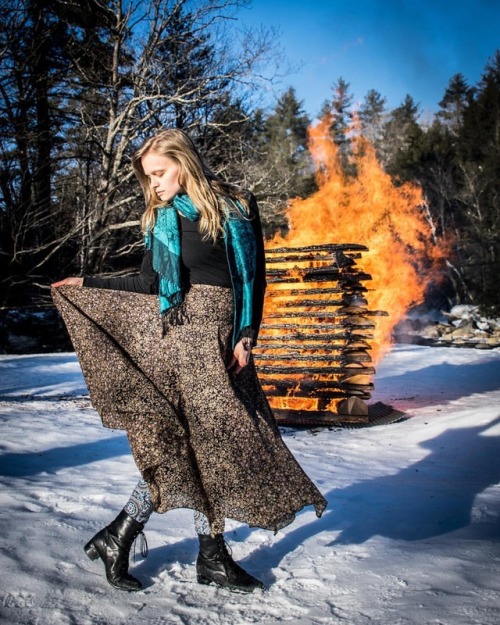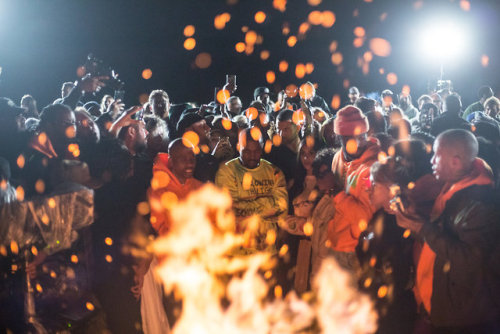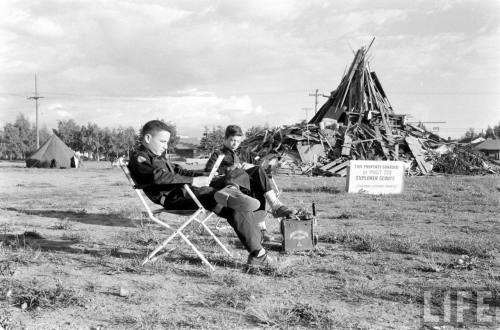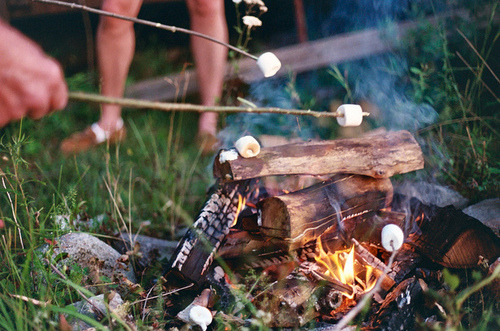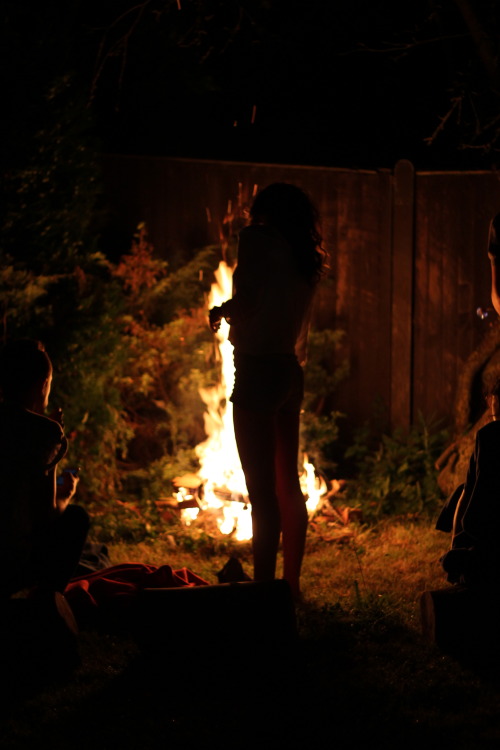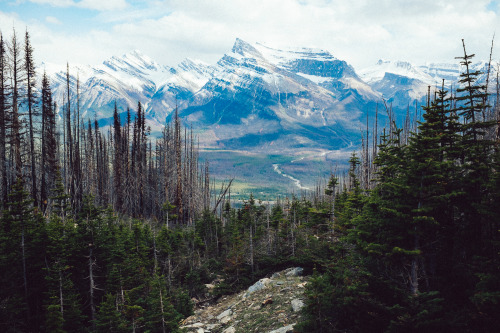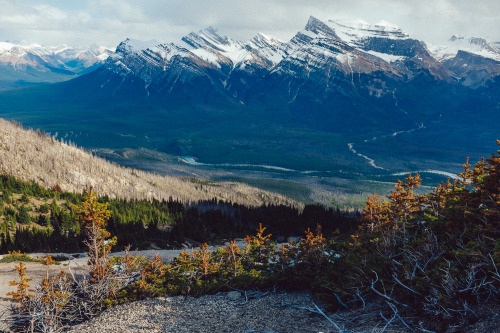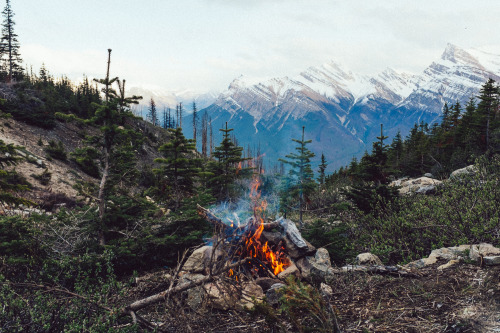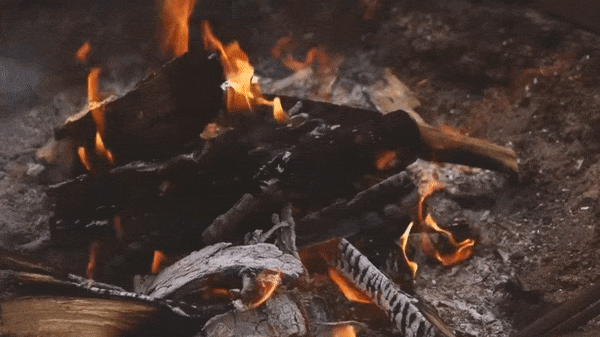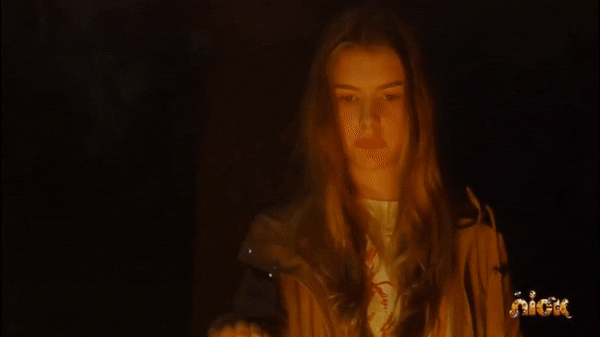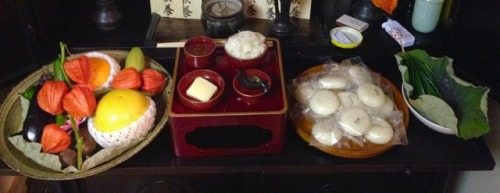#bonfire
With “Juhannusaatto” (Midsummer’s Eve) being today, it is time to build the traditional bonfire! ;)
Check out VisitFinland.com’s guide about how to celebrate Midsummer the Finnish way: http://www.visitfinland.com/article/midsummer-go-peaceful-or-go-party/
Post link

Burn baby burn
“I tend to the flame, and tend to thee”
Beautiful firekeeper <3 Playing thru the DLC right now, making my blood boil as usual. I update my instagram and twitter with art and wips more often than tumblr but the finished stuff makes it here eventually. Enjoy!
Post link
It’s Obon here in Kyoto, ancestors’ homecoming (or somewhat sober Halloween?). Obon is one of the two important events for Japanese in a year (the other is new year celebration), which often leads to family reunion for the living, too.
In Kyoto, people invite their ancestors’ spirits into home in the evening of August 12 with “muka'e'bi [moo-kah-eh-bee]” (literally meaning “inviting/welcoming fire”), and send ancestors back to the next world at the night of August 16 with “Gozan Okuribi [oh-coo-ree-bee]”, (“bonfires on five mountains for sending ancestors back”), according to lunar calendar. For Obon, people clean up their family graves beforehand, and confort and offer their hospitality to ancestors such as with foods and pray with monk’s sutras at home.
To invite ancestors, we do a little ritual “muka'e'bi” at home: burn dry hemp stems in front of the house, fire three stick incenses, and set it at the family’s Buddhist altar. Ancestors’ spirits are believed to “ride on” the special smoke of the incense, come into the house, and settle at the family’s Buddhist altar in a denser or more concrete form than usual (I’m not died and don’t know how it is actually, though).
We serve “omuka'e somen”, or “welcome somen noodle (angel-hair udon, so to speak)” for the first night. While Obon, vegetables and fruits, Chinese lantern plant, water on a lotus leaf with a sprig of Koya prodocarp (“Koya maki”/高野槙), mochi and/or dango (sweet dumplings), and sugar starch snacks (“rakugan”) are also displayed. Vegetarian dishes and steamed rice are served everyday until they leave. The dishes served are kept in the fridge and taken to the temple a family belongs to with other vegetables just when Obon ends (to send the foods with ancestors’ spirits precisely, or if you eat them, it’s believed you would get ill. Dishes and vegetables served during Obon are simply for the repose of the dead).
Since the Obon customs differ by region and denomination, I totally don’t know other styles. No “Bon dance” or “summer festival” is held in my neighborhood. No making horse and ox figures with vegetables and toothpicks. I’ve seen them only on TV. The case explained above is only of a certain family in Kyoto.
By the way, what about spirits who don’t have any descendants? …It’s said no home to go and loitering here and there. So people give a little service for the benefit of suffering spirits as well as avoid going to sea or river in fear of evil spirits during Obon.
Obon
http://www.japan-guide.com/e/e2286.html
https://en.m.wikipedia.org/wiki/Bon_Festival
Gozan Okuribi (mountain bonfire)
https://www.jnto.go.jp/eng/spot/festival/gozanokuribi.html
お盆の迎え火におがらを炊く。京都では8月12日の夕暮れに家の外で迎え火を焚いて先祖を家へ招き入れ、16日の夜の五山送り火で送り返す。お盆の最初の夜はお迎え素麺でもてなす。ちなみに野菜と爪楊枝で馬や牛を作ったりしない。近所では盆踊りも夏祭りもない。TVでしか見たことがない。関東では同じ宗派でも仏壇に水塔婆を立てないと聞いた。色々土地によって違うらしい。
Post link

